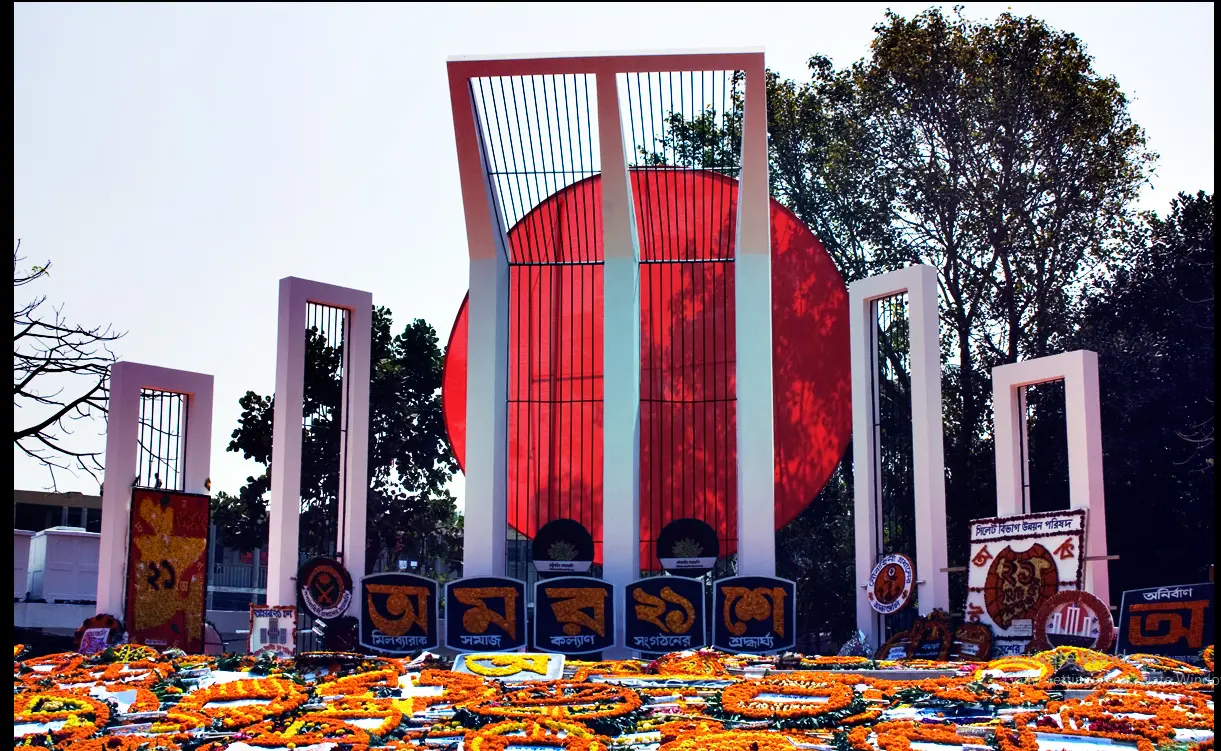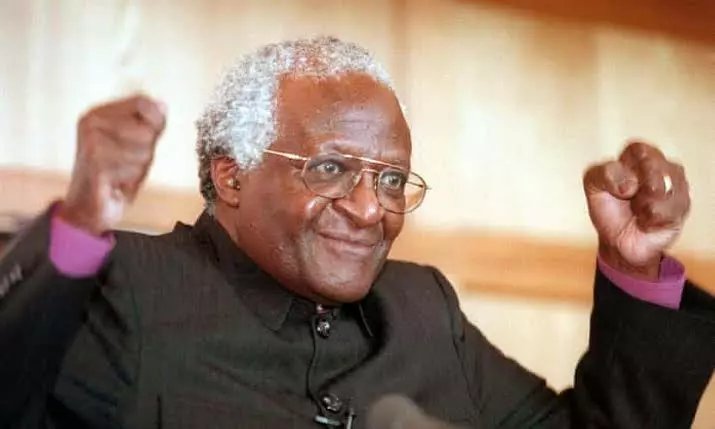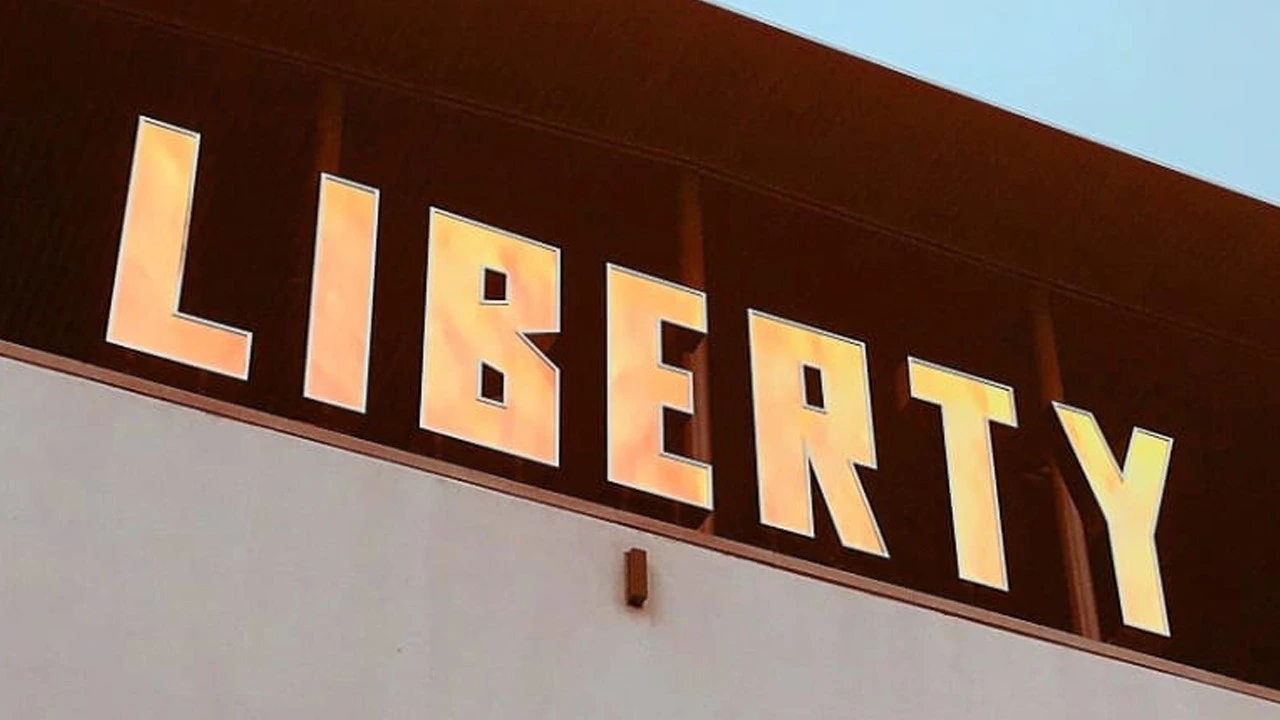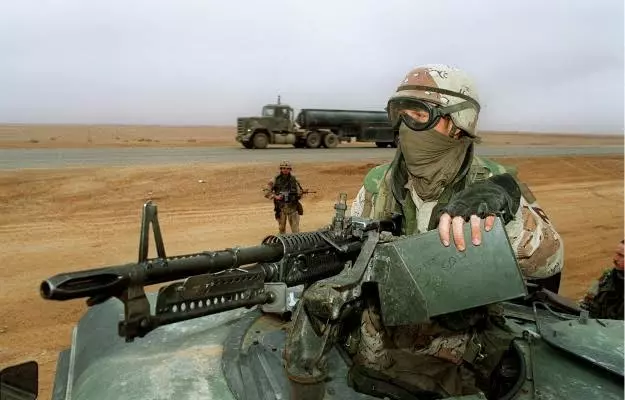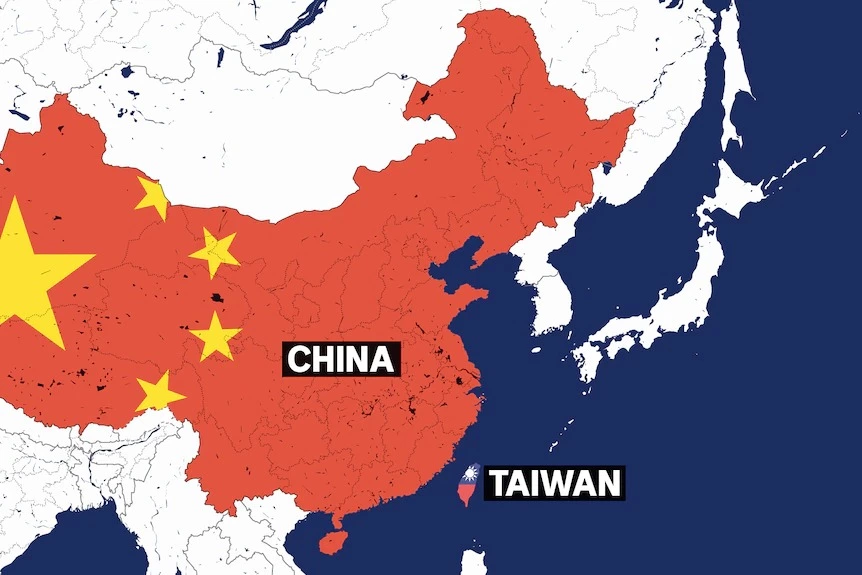Today is observed as the International Mother Tongue Day; we need to recapitulate the forgotten political facts on 21st February, 1952. The movement regarding Bengali language was never a predominantly cultural movement. Language has its own economy; the people who fought for the establishment of Bengali as the national language of the then East Pakistan, fought to secure the economic gains and rights of the common people in East Pakistan who were deprived of gainful employment, better economic prospects and development. Illiteracy was another prime factor. The illiterate muslims and hindus in East Pakistan, were primarily comfortable in speaking or reading Bangla. Hence the governmental decision of implementing Urdu triggered the economically weaker sections in the then East Pakistan who were convinced this would result in loss of their positions and economic grounds. The movement in '52 was never a hegemony of the elite cultural intelligentsia of East Pakistan; instead the power baton was shifted to the rickshaw pullers-bus drivers-vendors as well as the students.
The first uproar in the language movement was triggered in 1948, soon after a speech delivered by the Prime Minister of Pakistan Liakat-Ali-Khan. In the parliament of Pakistan, Khan emphasized the importance of implementing one Muslim identity. For Khan, Urdu was synonymous with Muslim identity. Hence, he considered Urdu a predominant choice for the national language of Pakistan. The state of Pakistan, post-partition, was going through communal riots and a grave economic crisis. East Pakistan saw the majority of these communal riots while provinces like Dacca, Noakhali, Chittagong were simultaneously devastated by serious economic discrimination and crackdown. The decisions taken by Khan and company in the Parliament added fuel to the fire. People came out in the streets vowing to see an end to the discriminations meted on the people of East Pakistan. A number of participants happened to be students and various members of the middle class Muslim intelligentsia. These students were led by the Pro Communist Democratic Youth League and the Student wing of the Communist Party. The conservative Muslim elites were led by Tamaddul Majlish. An organisation called the All Party Action Committee was formed. This organisation was pivotal to continuing the movement when they called a general strike in East Pakistan. The pro communist Democratic Youth League and the student federation mobilised students and youths in support of the movement. The impact of the movement was so strong that even the political elites of East Pakistan under the leadership of eminent politician Fazlul Haque joined in the agitations. Quaid-e-Azam, Mohammad-Ali-Jinnah himself came to East Pakistan to put an end to the outrage. But his speech failed to address the rage of the Bengali speaking majority in East Pakistan. He dismissed the movement as anti-Pakistan resurgence and a conspiracy of the communists and spread. He highlighted the importance of Urdu as a national language in his speech at the Dacca University. The crowd responded with loud protects making clear their collective outrage.
However, the movement in 1948 failed to be a complete mass movement due to the class status and the status of the leadership. Most of the leaders were from the English speaking elite intelligentsia in East Pakistan who failed to reach the common citizens. The leadership was also dominated by the conservative Tammadul Majlish(TM). Though the left-leaning were active, their inferiority in terms of numbers made it easy for the TM to take control. The situation was radically different in the 1952 language movement. Meantime in the four year interval, the Pakistani government took a decision to implement Arabic script in order to teach Bengali, a decision that spurred debates in the parliament on one hand and movement in the streets on the other. A speech of Khwaja Nazimuddin in the Paltan Ground made the situation worse for the people. Nazimuddin, like his predecessors, committed the same mistake when he emphasised Urdu as the national language over Bengali.
People did not wait for long to express their rage; they came out in large numbers in the streets of Bangladesh. A new organisation called All Party National Language Action Committee was formed with the help of the political workers of the Democratic Youth League, National Awami Muslim League and other political parties. The Communist Party in their 'secret' manifesto also criticised the statements made by the Prime Minister Khwaja Nazimuddin. The All Party Action Committee under the vice president ship of Kazi Gholam Mehboob set a resolution to observe rallies and strikes on 4th February throughout East Pakistan.
On 4th February, after a successful observation of rallies and strikes throughout the provinces of East Pakistan, the All Party National Language Action Committee called for strikes, dharnas, sit-ins on 21st February throughout the provinces of East Pakistan. The organisation demanded the official status of Bengali as one of the state languages in Pakistan. The strike on 4th February was a resounding success. It was clear that the control of the movement no longer remained in the hands of the cultural and political elites. The agitations on 4th February saw the inclusion of students, small shopkeepers, garrywallas and others protesting against the discriminations. The Communist Party and the left-leaning sections of the All Party National Language Action Committee organised the people on the streets. The Communist Party also supported the plans and programmes on 21st February.
On the eve of 20th February, the magistrate of Dacca, H.M. Qureshi ordered Section 144 on the entire city of Dacca. The Action Committee arranged a meeting on the observance of Section 144. A debate arised between the vice president of Awami Muslim League Shamsul Haque and Ali Ahad from Democratic Youth League who had a difference of opinion. Haque opined that Section 144 be obeyed while the left-leaning Ahad called for protesters to disregard Section 144 and leave a greater political impact. The representative of the Communist Party, Mohammad Twaha also expressed his intention to disobey Section 144. However, since he did not receive final instructions from his party he remained neutral in the voting season. After the voting season was over, the majority of the Action Committee vouched to obey the 144. The convenor, Abdul Matin, popularly known as Bhasa Matin decided to leave the decision open for the students of Dacca University.
On the morning of 21st, a huge crowd gathered at the premises of Dacca University who vouched to break Section 144. The crowd was not only composed of students but also had shopkeepers, vendors, rickshaw pullers, garrywalas, and workers from the factories of Dacca. A section of non-bengali refugees also took part in the protest. As the leadership had changed, the democratic youth league, communist party and student federation organised the common people under the All Party National Language Action Committee Banners. The vice president of the women's student union, Shafia Khatun organised women students for the rallies and strikes. Rallies finally went out, disobeyed Section 144 and were cracked down by the police. The rally under the leadership of Habibur Rahman was the first to disobey Section 144. As the protests grew stronger, the police fired at the rally in front of the Dacca Medical College Campus. Rafiq Uddin, Abdul Jabbar, Abul Barkat and Salauddin died on spot and many others got injured.
The history of 21st February points out that it was never a movement of one class or one political party. The inclusion of multiple classes and political parties were the key factor behind this movement. The students assumed a huge role, the Communist Party and the left leaning youth league were pivotal in terms of mobilising people and organising the entire movement. On the date of publication of the Communist Manifesto, we must remember the class character of this immensely significant mass movement.
